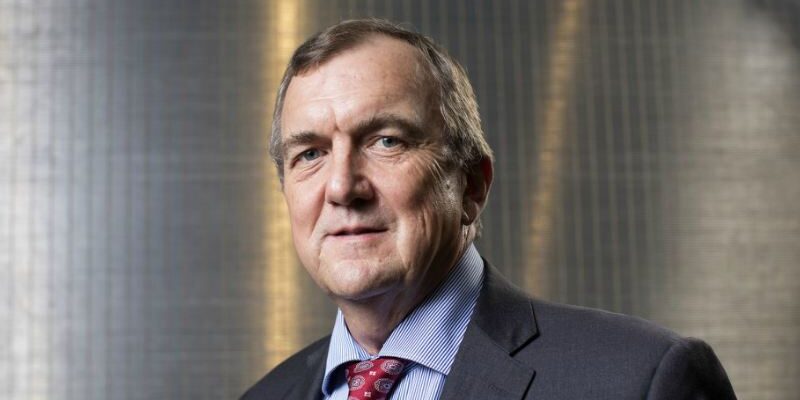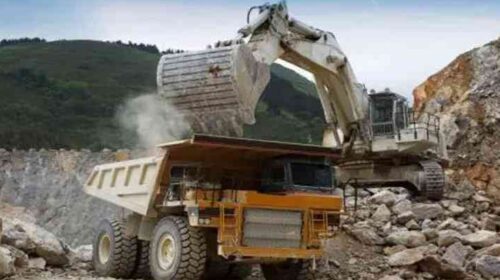Barrick working with new DRC govt on outstanding legal, fiscal issues
Gold miner Barrick Gold is strengthening ties with the recently appointed government in the Democratic Republic of the Congo (DRC) and is working towards an “amicable solution of some outstanding legal and fiscal issues”, CEO Mark Bristow has said.
Briefing the media about developments at the Kibali mine, in the DRC, and the Tongon mine, in Côte d’Ivoire, at the weekend, he said Barrick’s success in building and operating the Kibali mine in a remote part of the DRC was attributable to the mutually beneficial partnerships it had forged with its in-country stakeholders – the central, provincial and local governments; its host community; civil society; and a large corps of highly competent contractors and suppliers.
“Our short-term focus is on ensuring that Kibali will remain a major generator of economic benefits for all its stakeholders well into the next decade.
“Beyond that, our exploration teams are already hunting for the next Kibali. Their success rate in finding world-class gold deposits is outstanding,” Bristow said.
He noted that Kibali remained on track at the halfway mark of the year to achieve its yearly production guidance.
He added that, owing to an aggressive near-mine exploration programme, Kibali was continuing to replace its reserves faster than it was mining them, and now has a resource base that is approaching levels when the mine first went into production in 2013.
“This means that Kibali should be able to sustain its production rate well beyond the ten-year timetable in its current business plan, thus continuing to create economic benefits for its stakeholders in a region where its presence has already had a profoundly positive impact,” he said.
Since the development of Kibali started, it has put $3.6-billion into the DRC economy in the form of taxes, salaries, payments to local suppliers and tangible contributions to infrastructure, Barrick points out.
In the year to date, it has paid $73.8-million to local businesses in line with its policy of giving preference to Congolese contractors and suppliers.
It also prioritises local employment, and of the 5 341 employees and contractors who were on site at the end of June, 94% were Congolese nationals.
Bristow said Kibali was also a leader in its health, safety and environmental protection programmes.
Covid-19 protection protocols at the mine have been intensified and a vaccination programme is under way.
Kibali largely uses clean energy, generated by three hydropower plants.
Its water recycling and re-use rate of 78% was above target, reducing its draw from the Kibali river. It continues to reforest the surrounding area, with 6 716 trees planted during the past quarter, and is also actively supporting the Garamba National Park’s elephant protection and general improvement initiatives.
TONGON
Meanwhile, Bristow said near-mine exploration campaigns, which were aimed at replacing depleted reserves, at the Tongon mine could extend the mine’s life.
The mine has also filed for a ten-year extension of the Nielle mining licence at Tongon to support its drive to add to the life-of-mine.
“A longer life for Tongon means it will be able to continue creating benefits to share with our Ivorian stakeholders for years to come,” Bristow said.
He pointed out that the mine has, to date, contributed $1.77-billion in taxes, salaries and payments to local suppliers.
17 total views , 1 views today





